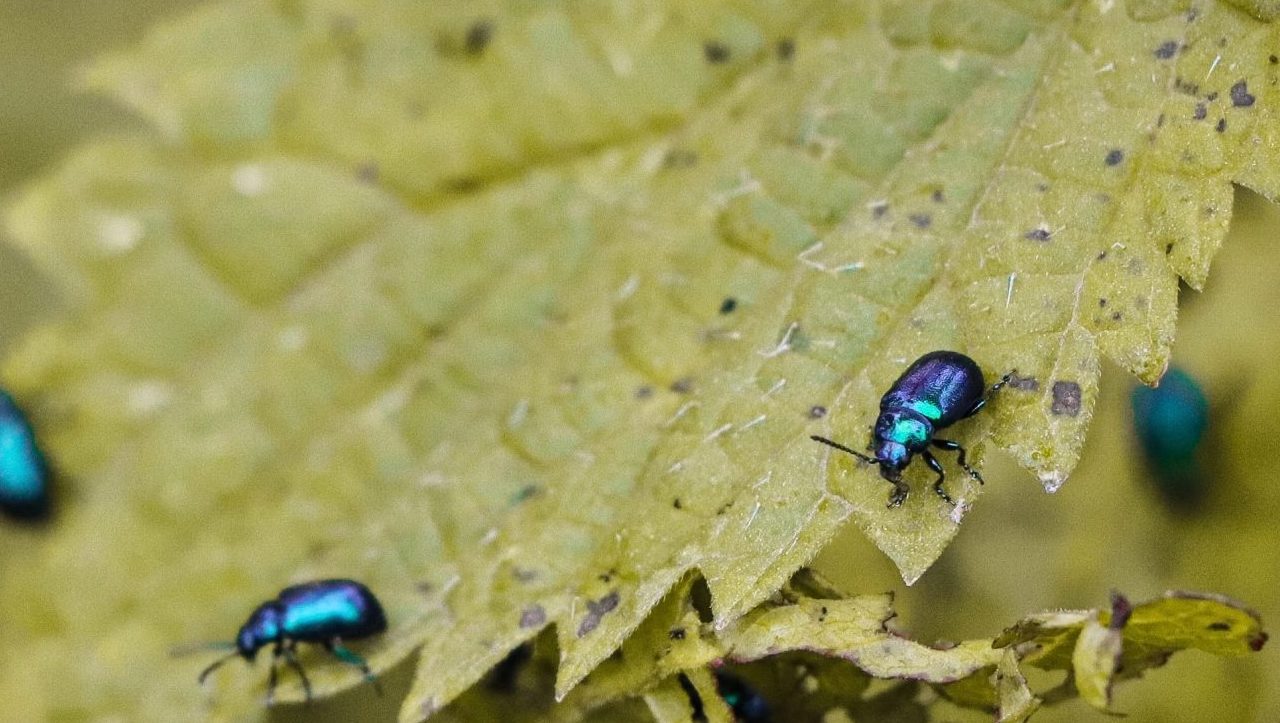There is growing concern about the decline of insect populations in Europe, and worldwide. The decline in insect populations has been linked to factors such as habitat loss, climate change, pesticide use, and other forms of human disturbance.
Insects play a critical role in many ecosystem processes, such as pollination, nutrient cycling, and pest control. For example, many crops rely on insect pollination to produce fruit or seeds, and insects also help to break down dead plant material and recycle nutrients in the soil. In addition, many other species in the food chain, such as birds and mammals, rely on insects as a food source.
The decline of insect populations could therefore have far-reaching ecological consequences, such as reduced crop yields, changes in the composition of plant and animal communities, and disruptions to ecosystem processes. In addition, insects are also important for human well-being, providing services such as pest control and serving as a food source for many cultures around the world.
To address the decline of insect populations, there is a need for greater conservation efforts and improved management practices. This could include measures such as protecting and restoring habitat, reducing pesticide use, and promoting sustainable agricultural practices that support insect populations. Overall, it is important to recognize the critical role that insects play in maintaining the health and functioning of ecosystems, and to take action to protect and conserve these important species.
